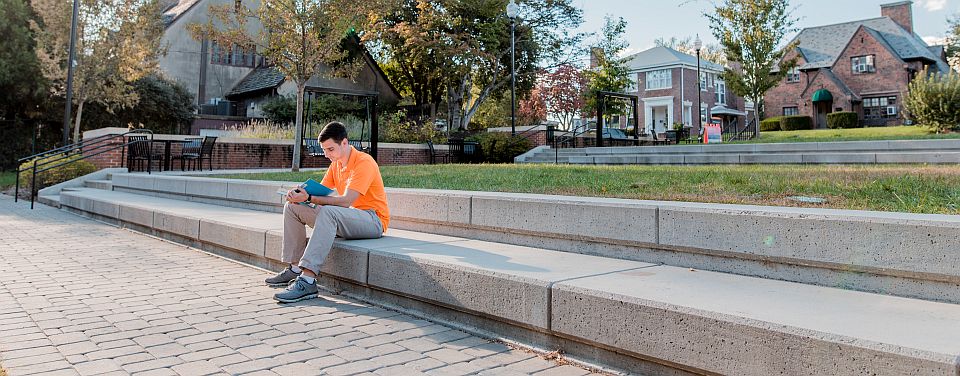Just a few years ago a parent of a newly-enrolled UT student contacted us requesting services for her son, a second-year freshman, who had an Autism Spectrum Disorder (ASD) diagnosis. An extremely bright student who had a perfect score of 36 on the ACT, he had struggled his freshman year at another university away from home to the point of needing to withdraw. He lacked insight, had significant difficulty socially, had difficulty with communication (inter-personal and electronic), as well as problems managing time and problems with organizational skills. In high school he had enough support systems in place to manage these difficulties; college, however, was a new and wide open experience.
One of our psychologists, Carolyn Blondin, put together a small pilot project that included him and two other university students with ASD diagnoses to provide a structured curriculum to cultivate and practice social and communication skills (really working on nuances of interaction to build insight), time management skills, and organizational skills. In addition, with the students’ permission, we helped communicate with faculty and staff members, as well as parents, regarding the unique challenges each was having. It’s important to note that none of these students would be considered disabled, in that they did not seek nor require accommodations or modifications with their coursework, and they really didn’t require counseling, but they did require an intensive level of skill-building so they could be successful. It is from that experience, we decided to put together a more systematic approach: The Postsecondary Autism Support Services (PASS) Program.
While we have a comprehensive program put together that incorporates multiple services, as well as course credit, we’ve also decided to offer Program Skill Modules of services that are provided in chunks to address some of the high need areas with which some students really need help. All students not enrolled in the comprehensive program must take the Basic Module first to lay the groundwork, then they may choose the module(s) that fits his or her needs best. Modules may be repeated.
